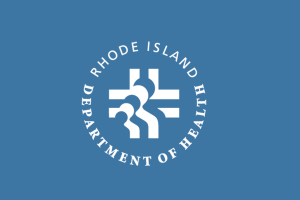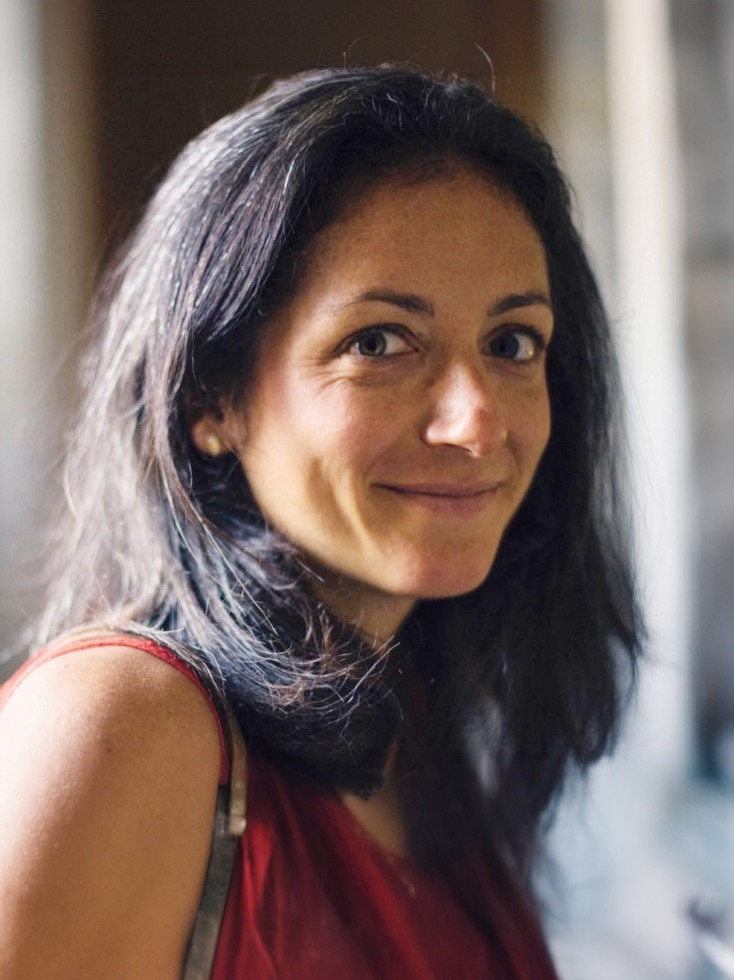Tell us about your role at the Rhode Island Department of Health. How does the Department of Health engage with environmental concerns?
My program’s mission is to prepare for the human health effects of climate change and to create a healthy, sustainable, and resilient future for all Rhode Islanders. To do this, I lead efforts around policy change, public education, research and data collection, and on-the-ground projects.
One of RIDOH’s leading priorities is to address the socioeconomic and environmental determinants of health. Our environments—social, economic, physical, natural—greatly influence our health, and differences across those environments lead to differences in the health statuses in our population. This kind of approach to public health requires outside-the-box thinking and cultivating strong partnerships at the community level and across our sister agencies. It’s also the sort of approach that matches well with building resilience to climate change.
How did you come to this position?
My background is in environmental policy broadly, with past work that’s run the gamut from environmental law to fisheries management and community-level food systems. I completed a Ph.D. at Yale University in Forestry and Environmental Studies.
The intersection of climate change, public health, and community resilience is extremely interdisciplinary, and it cuts across many sectors. It’s impossible to have expertise in all of it! So, I’ve relied on what my experience and training has taught me, which is to think at the systems level, connect at the community level, make diverse partnerships, and ask good questions.
Since taking this position about a year ago, I’ve been struck by the willingness of people—within state government, at local organizations, and at academic institutions—to partner and collaborate. That expands my program’s capacity to do good work, and it also makes it a lot more enjoyable. At the same time, my program is small but has a huge mission. My challenge is trying to live up to that mission.
How are we faring meeting this mission? Does Rhode Island have unique advantages? Disadvantages?
One key advantage is that our state administration recognizes the need to take action. We were the first state with an offshore wind farm, and we’re committed to upholding the principles of the Paris Climate Agreement. Earlier this year the state released the Governor-commissioned “Resilient Rhody Strategy.” It identifies actions—policies, projects, and legislation—that the state can take now to better prepare for climate change.
In terms of disadvantages, we’re seeing some stronger climate effects in Rhode Island compared to other parts of the country. Our average temperature has increased about three degrees Fahrenheit since 1900, while the rest of the continental US has had an average temperature increase of about 1.5 degrees. We’ve also had the nation’s largest increase in extreme precipitation events since the 1950s, with a 76 percent increase. And of course, as the Ocean State, sea level rise will affect many of our cities and towns, including Providence. Last year, the National Oceanic and Atmospheric Administration published revised sea level rise projections that included a high scenario for Newport of 2.20 feet by 2040, and 8.99 feet by 2100. For Providence, those values are even higher.
One proactive strategy taken by the state are Rhode Island’s Health Equity Zones. How do environmental health and health equity intersect?
As with most public health issues, climate change does not affect all communities equally. It’s a risk amplifier that threatens to expose and exacerbate pre-existing inequities. The Department’s work to promote health equity will not only help close the gap in health disparities around conditions like diabetes and mental health, it also will better prepare Rhode Islanders for the effects of climate change. When the Health Equity Zones improve food access in their communities with a new community garden, or advocate for a green and complete streets ordinance, they’re also building resilience to climate change.

